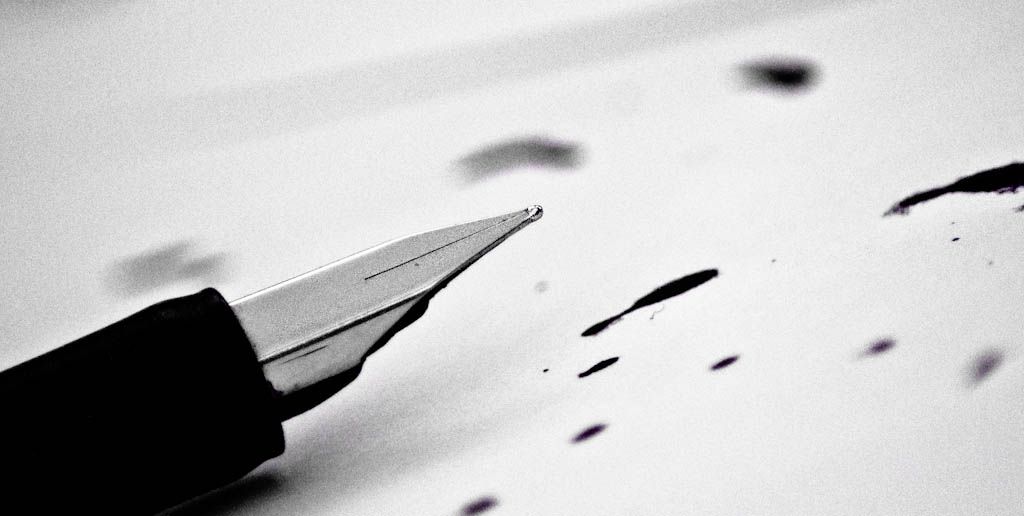
Okay, so I have written up the best articles I read and the best books I have read. Now time for even more narcissism, with a list of the best articles I wrote this year. In all, I wrote 191 articles this year across TechCrunch, this blog, and elsewhere. Unfortunately, I don’t remember writing like 170 of them, but such is my memory.
First Place: How to delay your Form Ds (or not file them at all)
Every writer has that story that they want everyone to know about, but everyone ignores them, and so they just scream to the sky and complain about how terrible the world is in not seeing what’s right in front of them.
For me, that is Form D filings with the SEC.
For the five people still reading this blog post now, Form Ds are filed when a venture capitalist invests in a startup and doesn’t want to literally make the company IPO (i.e., all VC rounds). Due to a change in legal culture, more and more startups are just not filing these forms at all, and that has implications for all the data sources we rely on to know what kind of startup activity is taking place.
This specific piece is a guide for startup founders to think about what’s going on here and how it affects the strategy of announcing their startup’s funding round, and connects to all the antecedent pieces that came before.
Second Place: W(hy)TF are Japan and South Korea in a trade war?
This was a piece of explanatory journalism, but I felt one of the better ones on this topic (but I’m paid to say that). While the trade war between China and the U.S. gets all the attention from commentators, this other trade war is actually in my view much more important, because it not only pits two U.S. allies against each other, but also undermines a huge swath of the silicon hardware industry.
And it is still going on although it has dipped below the headlines these days. Ultimately, with a lack of U.S. leadership on this relationship, this critical East Asia alliance continues to fracture, and potentially irreparably.
Third Place: The demise and rebirth of the ethical engineer
There have been a number of massive engineering failures the last few years, including the complete collapse of the electrical grid in California and the 737 Max imbroglio. A lot of the blame (rightfully) has been heaped on business leaders who have put profit before safety, but there is also plenty of blame to spread around, including to the engineering teams behind these projects.
This essay essentially called for a more ethical engineering profession, one that would have a more rigorous core set of values that would ensure that the safety compromises witnessed in these scandals could have been avoided much earlier. This is particularly true in software engineering, which has none of the credentialing or professional code of ethics seen in other engineering disciplines like civil engineering. As the scandals pile up, expect more and more attention to be placed on how ethics can be ingrained from day one in these disciplines.
Cover image by Tekke used under Creative Commons